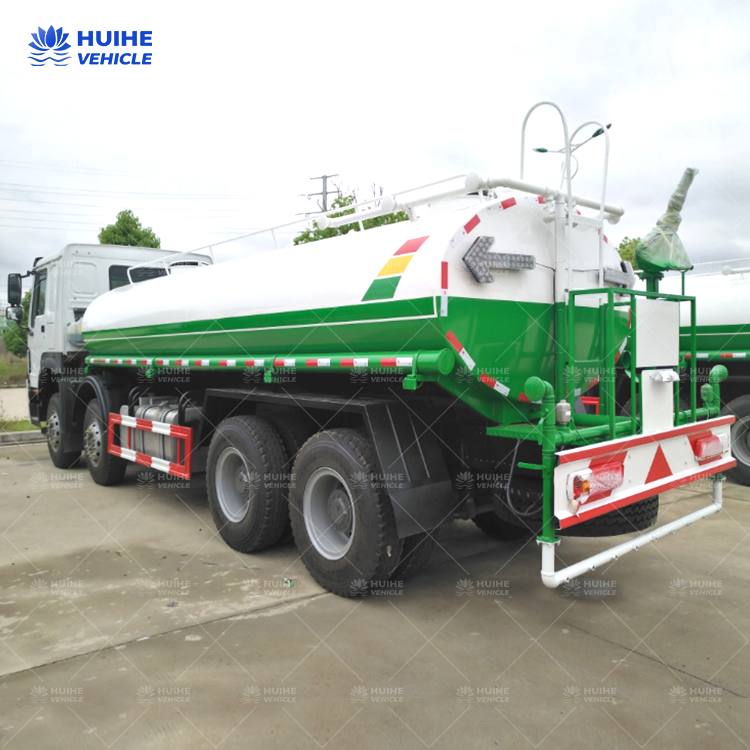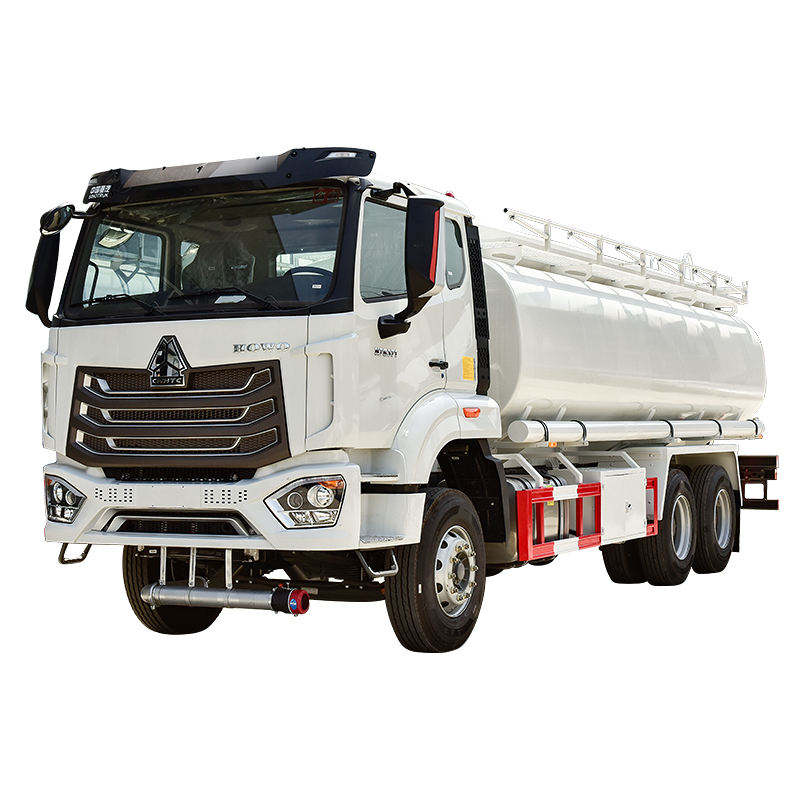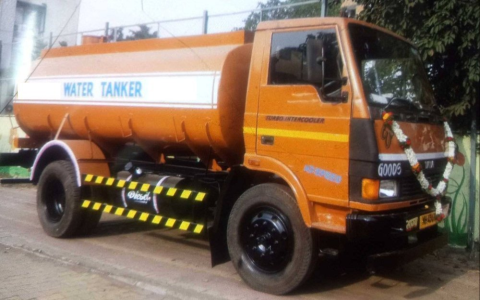Used Water Trucks for Sale | Find Reliable & Affordable Trucks
If you’re searching for used water trucks for sale, you’ve come to the right place. Finding a reliable and affordable truck can feel overwhelming, but with the right guidance, it’s entirely possible to secure a workhorse that meets your needs without draining your budget. As someone who has spent over a decade testing and evaluating commercial vehicles, I can tell you that the used market is filled with gems—if you know where to look. This guide will walk you through the entire process, from understanding key features to making a smart purchase you can trust for years to come.

Why Choose a Used Water Truck?
Purchasing a used water truck is a practical decision for many businesses and independent operators. The most significant advantage is cost savings. A new water truck can be a major capital investment, while a well-maintained used model offers similar functionality at a fraction of the price. This allows you to allocate funds to other critical areas of your operation. Furthermore, used trucks have a proven track record. You can research their reliability and common issues, something that’s not possible with a brand-new model. For contractors, municipalities, and agricultural operations, this value proposition is often unbeatable.
Key Features to Inspect Before You Buy
Not all used water trucks are created equal. A thorough inspection is non-negotiable. Here are the critical components you must check to ensure you’re getting a reliable machine.
The Water Tank Itself
The tank is the heart of the vehicle. Look for any signs of corrosion, rust, or previous repairs. Tap on the tank walls; a solid, uniform sound is good, while a dull thud can indicate internal scaling or damage. Check the baffles inside—these are crucial for stabilizing the water load during transport. Ensure all valves, outlets, and the fill port are operational and leak-free.
Chassis and Engine
Don’t get so focused on the tank that you forget the truck itself. Check the engine hours and mileage. A truck with high mileage but low engine hours might have spent a lot of time idling, which can cause its own set of wear issues. Look for any fluid leaks, check the condition of the tires, and test the brakes. A pre-purchase inspection by a trusted diesel mechanic is one of the best investments you can make.
Pump and Spray System
The pump is what makes the truck functional. Ask for a demonstration to see the pump in action. It should build pressure steadily and operate without unusual noises. Inspect the spray bars or water cannon for cracks and ensure all controls in the cab are responsive. A faulty pump can be one of the most expensive components to replace.
Comparing Popular Used Water Truck Models
To help you visualize your options, here’s a comparison of some common models you’ll find on the market. This should serve as a starting point for your research.
| Model Type | Typical Tank Capacity | Common Chassis | Ideal Use Case |
|---|---|---|---|
| Standard Duty | 2,000 – 3,500 Gallons | Freightliner M2, International Durastar | Dust control, landscape irrigation |
| Heavy Duty | 4,000 – 6,000+ Gallons | Peterbilt 367, Kenworth T800 | Large construction sites, fire suppression |
| Truck & Trailer | 7,000 – 10,000 Gallons | Various with Pintle Hook | Agricultural watering, major earthworks |
Where to Find Reliable Listings
Knowing where to look is half the battle. While online marketplaces like Truck Paper and Commercial Truck Trader offer a vast selection, don’t overlook local options. Government surplus auctions often sell well-maintained municipal water trucks. Established commercial truck dealerships are another excellent source; they often refurbish their used inventory and may offer a limited warranty, providing extra peace of mind.

Expert Tips for a Smart Purchase
After ten years in this field, I’ve seen the good, the bad, and the ugly. Here is my distilled advice for buying a used water truck.
- Get the Service Records: A truck with a documented maintenance history is almost always a safer bet than one without.
- Consider the Water Source: If you’ll be using non-potable or recycled water, specify a tank and pump designed to handle abrasives and corrosives.
- Don’t Skip the Test Drive: Drive the truck fully loaded. Feel how it handles the weight, listen for any strange sounds, and test the braking performance.
As noted by industry maintenance specialists, a proactive approach to vehicle care can reduce lifetime operating costs by up to 15% (Fleet Maintenance). This principle is doubly important when buying used.
Frequently Asked Questions (FAQ)
What is the average lifespan of a used water truck?
With proper maintenance, a well-built water truck on a solid chassis can last 15 to 20 years or more. The tank and pump may require refurbishment or replacement before the truck itself is retired.
How much does a used water truck typically cost?
Prices vary widely based on age, capacity, and condition. You can expect to find used water trucks for sale ranging from $25,000 for a basic, older model to over $100,000 for a newer, high-capacity truck with advanced features.
Are there any specific certifications I should look for?
While not always a certification, look for trucks that were previously owned by entities with strict maintenance protocols, such as municipalities or large construction firms. For the tank itself, a current DOT certification is crucial for legal transport.
What is the most common problem with used water trucks?
The most frequent issues are internal tank corrosion and pump failure. Both are often a result of the truck sitting unused for long periods or not being properly drained and winterized.
Final Thoughts on Your Purchase
Finding the right used water truck for sale is a process that rewards patience and due diligence. By focusing on the key components we’ve discussed, researching thoroughly, and not rushing the decision, you can secure a reliable and affordable truck that will serve as a valuable asset to your business for years to come. Remember, the goal isn’t just to find any truck—it’s to find the right truck for you.

Sources and Further Reading
- American Trucking Associations – Industry data and trends.
- Federal Motor Carrier Safety Administration (FMCSA) – Regulations and safety standards.









